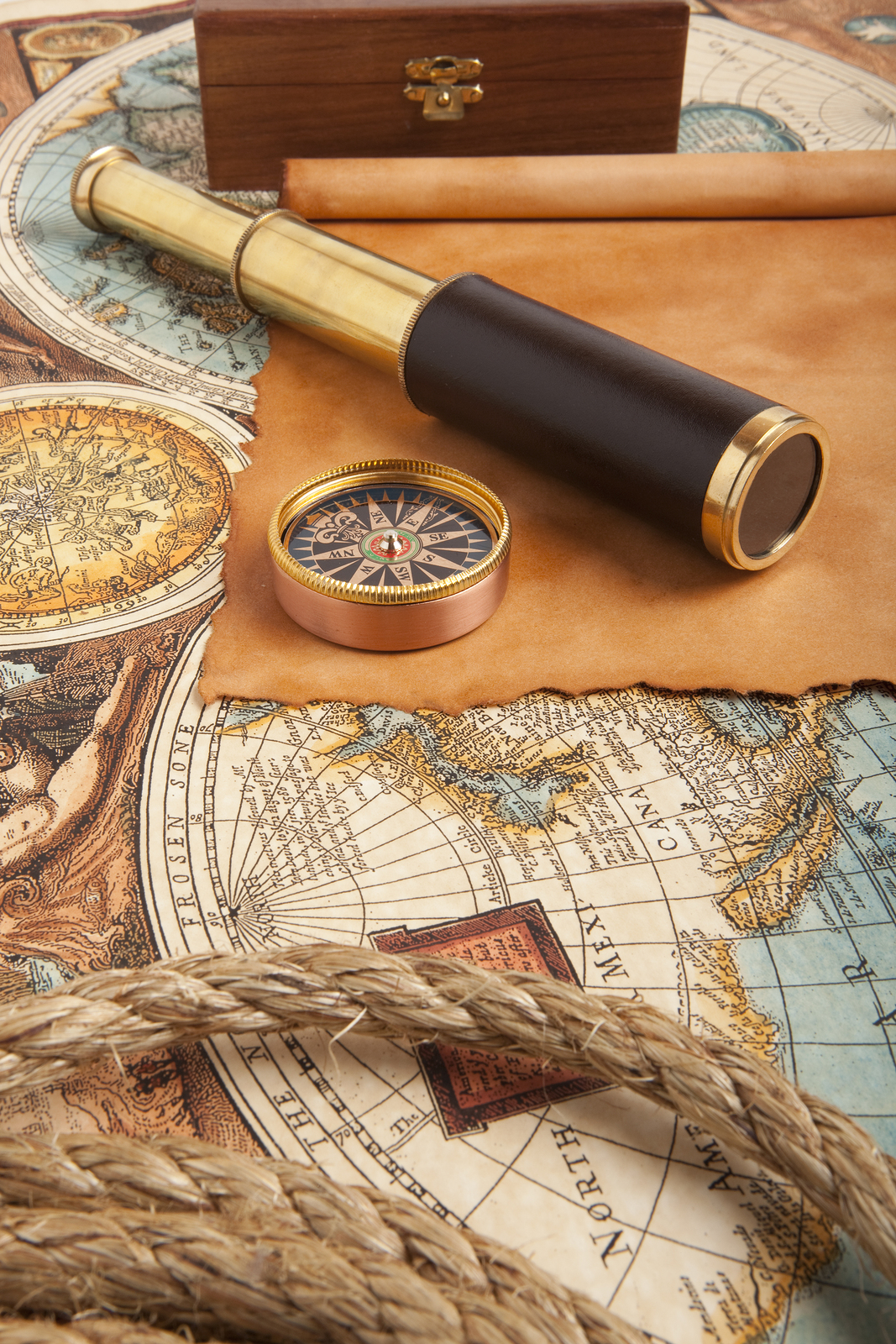
It is more likely that your family will come to blows over Great Grandmother’s favorite serving platter than over a bank account. Sentimental value attached to minor items are more likely to cause upset and drama, and those are the items most often left out of estate plans.
For most people, it is not the big expensive possessions that are most likely to create drama between close and even distant relatives. The seemingly less valuable items, such as jewelry, clothing, collectibles and items like ticket stubs and playing cards lead to more emotional conflicts.
Which family member ends up with these items, or how they are distributed, is often what causes long-lasting hurt feelings that can cause families to experience heartbreaking divides.
A recent article in The Gazette explores this emotional aspect, in “Don’t forget personal property in estate planning.”
To prevent hurt feelings and misunderstandings, it is recommended that you make distribution of these personal items part of your estate plan.
Do you need to include everything, from your favorite coffee mug to great grandfather’s socket wrench set? No, but you should include items that you know are important to family members.
Have a discussion with your children well in advance, particularly if you think that more than one of them is interested in an item. If you have a library that they treasure, make a list of the books and plan out who should get which volumes, and make this information part of your estate plan.
Planning in advance will eliminate or at least lessen the amount of acrimony surrounding possessions. Often, family members are not really arguing about a soup tureen – they are grieving, and this is one way that people express their grief. You can try to make it easier for those you love by planning in advance.
Contact an estate planning attorney to help plan this important part of your estate.
Reference: The Gazette (June 9, 2015) “Don’t forget personal property in estate planning.”











